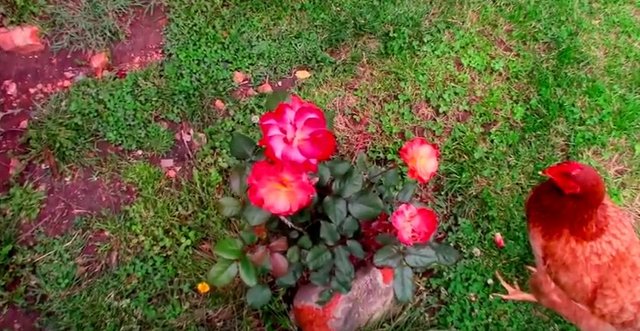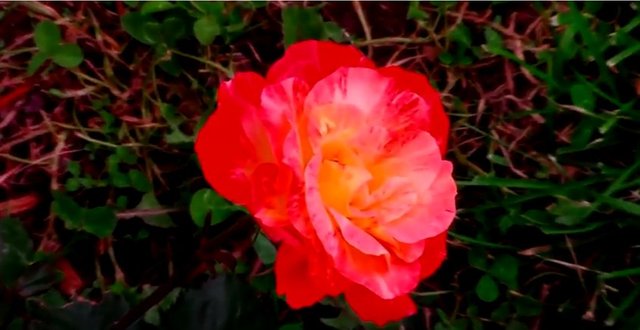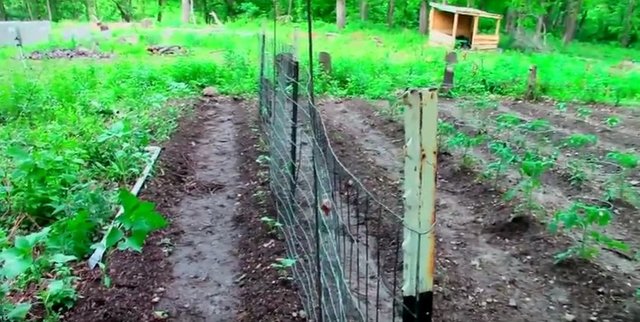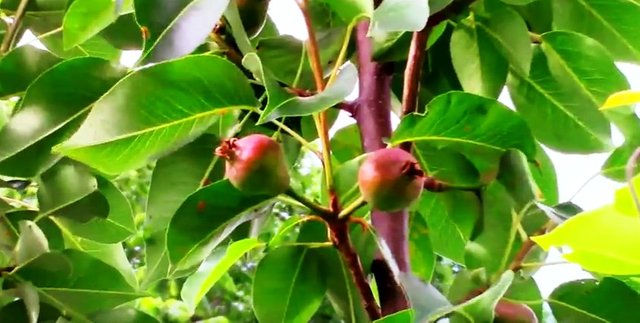Homesteading
I here people throw around the term 'homesteading' like there's no tomorrow these days. I hear it in reference to everything from an actual organic off the grid farm in which the family sells produce, saves seed and is, for all intensive purposes, self sufficient, to any family that has packed up from the city and moved out to the 'country', to then live in a house with a bigger lawn that takes MORE fertilizer to keep green, and consumes MORE gasoline, via a riding lawn mower than their former place in the city. The latter family probably only gardens one or two plants, and perhaps uses chemicals, not to mention the distance they have to drive now to get anywhere. This seemingly common term now has an accompanied snobbish/elitist subtext. It's like fixed gear bikes, or elite computer nerds. It seems that there's a sort of statement that is implied if I call myself a homesteader, and heaven forbid I do that, as we live in the CITY! *gasp* TRUE homesteaders, and i use the term loosely, would tear me apart for not being in the country driving my giant fuel guzzling van or truck, or not owning a giant property a big whopping 5 miles out of the city.

I believe that 'homesteading' is more of a state of mind, a philosophy to live life by, a lesson by which you treat others in a community. Quite literally, I take 'homesteading' to mean a bunch of things you do in order to sustain your home while keeping sustainability and therefore environmental impacts a top priority. I truly believe that Eric and I practice a lifestyle of homesteading that encompasses more self sufficiency than the folks who own acres of land and burn a bunch of fuel in a generator or rototiller. We manage our produce with shovels, spades, hands, and weed hoes. We save seeds from all of our plants to sew the next year therefore bypassing unnecessary shipping or transportation of most of our seed. We don't use any fertilizer or chemical weed control. We practice proper mixed agriculture through companion/inter planting. We grow a variety of vegetables we can store over the winter. Essentially, we work with the land that we have in cooperation to grow food so we can continue our life in the same manner from day to day.

Homesteading, in my opinion, is about celebrating and honoring the skills that will support and enhance our lives. So owning, operating a farm, creating produce or owning some chickens is for me, only part of the whole package. Old world trade skills such as root cellaring, spinning wool, weaving, carpentry, animal husbandry, holistic medicine, holisitic animal medicine, soapmaking, lye making, etc etc, are just as essential as more commonly thought of homesteading activities. Currently Eric and I are on the journey of learning with most of the things listed above. We try every year to learn new things about storing produce long term and saving seed. I have a spinning wheel and now know how to spin a woolen/worsted wool, wash and pick fleece, card and comb fleece. Eric's learning the old trade of timber framing. We grow multitudes of herbs, all of them we can propagate ourselves with seed saving or cuttings. I try to put at least 2 new herbs in every year, and I never grow a plant unless it's got a medicinal benefit. On the soapmaking/hygiene front, we're growing soapwort this year, and have some good recipes for a soapwort/mint/chamomile shampoo. Every single thing I do, I try to learn how to do it myself.

Even food products like tofu and tempeh. The knowledge is out there, most of the time still observed by poorer, less fortunate communities that haven't had the luxury of a tractor or a grocery store. Quite alot of care and effort are needed to approach these skills, and even more thought and care are required in order to minimize the impact of these activities on the earth that you have chosen to sustain your very life. I think that homesteading and environmentalism go hand in hand, actually, on second thought, I don't think there's a distinction between the two. In order for someone to successfully sustain and benefit their lives on a single plot of land, no matter what size, they will have to know how minimize their impact. They will have to know how to do everything in a sustainable manner, otherwise, how would the land provide food and shelter through their lives and their childrens' lives. If they are careless and suck all the nutrients out of their land in 3 years, then what will they do? We've become to accustomed to moving every year, and looking at the land we live on as property rather than as sources of life.

I celebrate ALL of the skills that are necessary for sustaining my life. I love discovering new communities and making new connections with people harbouring the same interests. I think that relationships with other 'homesteaders' are some of the most important aspects of the lifestyle. Even though we live right smack in the middle of the city, I believe you can homestead as much here as 15 miles out in the 'country'. I believe you can be more environmentally conscious here, than out there as the need for cars, tractors, generators, etc, is far far less. I really really believe that homesteading is not about owning land, or a giant farm house. I think those are natural progressions as you accumulate enough money to do so, but ultimately, at the very roots, homesteading, for me, the 'urban homesteader', is about joy in the skills that keep us living, community relationships, and above all, not harming the earth.

nice post